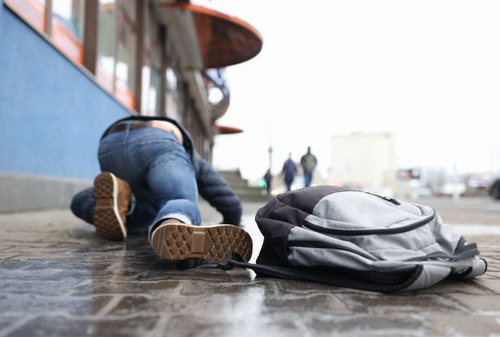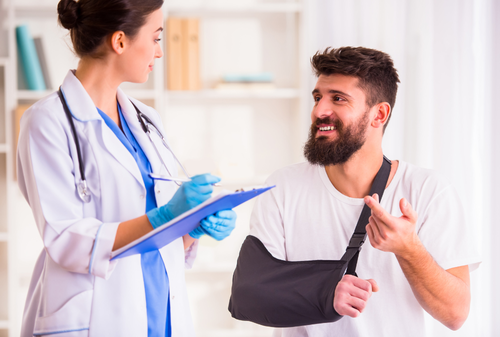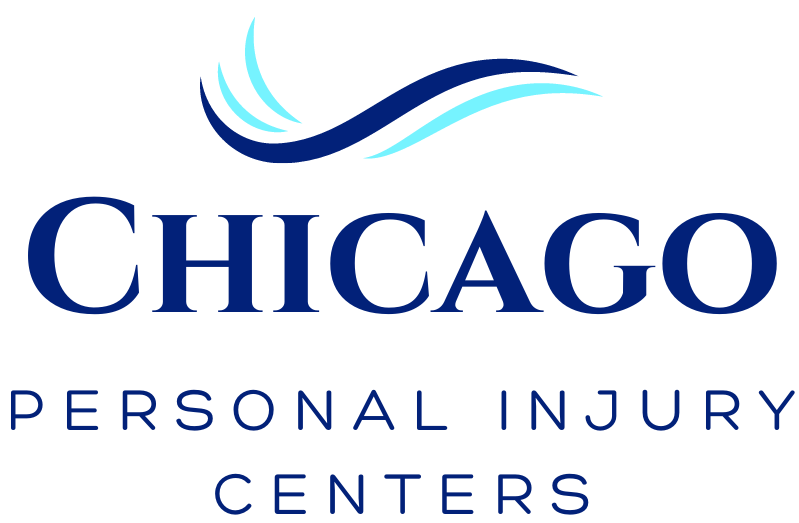Slip and fall accidents are common but can be legally complex, especially when they result in serious injuries. While these accidents might seem straightforward, determining liability is key to securing compensation for medical bills, lost wages, and other damages.
In these cases, understanding who is responsible is essential to building a successful claim. In this read, we will explore how liability is established in slip and fall cases and the legal framework that helps determine responsibility.
Premises Liability: The Legal Framework
At the core of slip and fall injury cases is the concept of premises liability, which holds property owners accountable for maintaining safe environments. Under premises liability laws, individuals who own or control property have a duty of care to ensure that their premises are safe for visitors.
This duty extends to property owners, business owners, landlords, and even tenants, depending on who is responsible for the condition of the property.
The duty of care involves regular maintenance, prompt repairs, and reasonable warnings about hazards. When this duty is breached, and someone is injured as a result, the property owner or controller may be held liable for the damages.
Determining liability, however, often depends on who has control over the area where the accident occurred. It could be the owner of the property, a business leasing the space, or even a property manager responsible for day-to-day maintenance.
Common Scenarios of Liability
Slip and fall accidents can happen anywhere, but the liability will vary depending on the type of property where the accident occurred.
Let’s look at some common scenarios:
Private Property
Homeowners or landlords may be held responsible if unsafe conditions, such as uneven flooring, slippery stairs, or poor lighting, lead to an accident. In rental properties, the responsibility may fall on either the landlord or tenant, depending on who is responsible for the property’s upkeep.
Commercial Property
Businesses have a legal obligation to ensure that their premises are safe for customers and employees. Accidents in stores, restaurants, or office buildings are often caused by hazards like spills, cluttered aisles, or unsafe entryways. If a business fails to address these issues, it can be held liable for resulting injuries.
Public Property
Public spaces like parks, sidewalks, or government buildings are also common sites for slip and fall accidents. In these cases, determining liability can be more complex. The responsibility may lie with a municipality or a contractor responsible for maintaining the area.
For instance, if a public sidewalk is dangerously icy, it may fall on the city or a contracted company to ensure it’s properly cleared.
Proving Negligence in a Slip and Fall Case
To hold a property owner legally responsible for a slip and fall accident, the injured party must prove that the owner was negligent. Establishing negligence involves showing that the property owner knew, or should have known, about the hazardous condition that led to the accident. There are several key factors in proving negligence:
Knowledge of the Hazard
The injured party must demonstrate that the owner either knew about the danger or should have known about it through reasonable inspection and maintenance. For example, if a store employee failed to clean up a spill after it had been there for an extended period, the business could be considered negligent.
Failure to Address the Hazard
Once aware of a hazard, the owner is expected to take reasonable steps to fix the issue or warn visitors about the danger. Failure to do so can make the owner liable for any accidents that occur.
Causation
Finally, the injured person must show that the hazard directly caused the slip and fall and their resulting injuries were a direct consequence of the fall.
Reasonable care is a critical aspect of proving negligence. Property owners are not expected to make their premises completely risk-free, but they are required to exercise reasonable care. This might involve regular maintenance checks, timely repairs, and placing warning signs in areas where immediate repairs cannot be made, such as wet floors.
Defenses Property Owners Might Use
In slip and fall cases, property owners often attempt to defend themselves by shifting blame to the victim. Common defenses include:
Comparative Negligence
The property owner may argue that the victim’s own negligence contributed to the accident. For instance, if the injured person wasn’t paying attention or was wearing inappropriate footwear, the property owner might claim that the victim shares responsibility for the fall.
Assumption of Risk
In some situations, the property owner may argue that the injured party was aware of the risk but chose to proceed anyway. For example, if a visitor entered a clearly marked restricted area and was injured, the owner might claim the victim assumed the risk.
The Hazard Was Obvious
Another defense is that the dangerous condition was so obvious that any reasonable person should have seen and avoided it. For instance, a large pothole in plain sight might be considered an obvious hazard that the victim could have easily avoided.
Steps to Take After a Slip and Fall to Protect Your Claim
If you’ve been injured in a slip and fall accident, taking certain steps can help protect your right to compensation. These include:
Document the Incident
Take photos of the scene, the hazard, and your injuries. Collect witness statements if others were present during the accident. Filing an official report with the property owner or manager is also crucial for building a strong claim.
Seek Medical Attention
Even if your injuries seem minor, it’s important to get medical care immediately. The doctors at Chicago Personal Injury Centers in Chicago, Illinois, can provide documentation linking your injuries to the fall, which will be important when proving your case.
Consult with a Personal Injury Lawyer
A personal injury lawyer can help you navigate the complexities of a slip and fall claim. They can assist in determining liability, gathering evidence, and ensuring you receive the compensation you deserve for your injuries.
Get the Medical Care for Your Slip and Fall Injury That You Need
Understanding who is liable in a slip and fall accident is crucial to securing fair compensation. Proving negligence, knowing common defenses, and taking the right steps after an accident are all part of building a strong case.
If you’ve been injured in a slip and fall, don’t hesitate to reach out to Chicago Personal Injury Centers by calling (773) 482-5800 for guidance, treatment, and support.


